This is one of a series of blogs I never thought about until COVID-19 changed my mind, along with everyone else. The odd phrase, social distancing, is a 2020 reality all over America.
While COVID-19 is a novel virus, social distancing is not. It was a big issue in 1918. “During the influenza pandemic of 1918, Philadelphia saw its first cases of influenza on 17 September. The city continued with its planned parade and gathering of more than 200,000 people and over the subsequent three days, the city’s 31 hospitals became fully occupied. Over one week, 4,500 people died. Social distancing measures were introduced on 3 October, more than two weeks after the first case. Unlike Philadelphia, St. Louis experienced its first cases of influenza on 5 October and the city took two days to implement several social distancing measures, including closing schools, theatres, and other places where people get together. It banned public gatherings, including funerals. . . . Bootsma and Ferguson analyzed social distancing interventions in sixteen U.S. cities during the 1918 epidemic and found that time-limited interventions reduced total mortality only moderately (perhaps 10–30%), and that the impact was often very limited because the interventions were introduced too late and lifted too early. It was observed that several cities experienced a second epidemic peak after social distancing controls were lifted, because susceptible individuals who had been protected were now exposed.”[1]
As always, the issue here is not social distancing as science, medicine, or good public policy. It is the ethics of writing about social distancing. In March 2020, politicians were very political about it.
“Texas Lt. Gov. Dan Patrick said Monday night that he’s “not living in fear” of the novel coronavirus pandemic and is ‘all in’ on lifting social distancing guidelines recommended by public health experts in order to help the economy.”[2]
“President Donald Trump is suggesting the United States should back off on measures meant to control the spread of the novel coronavirus as soon as next week because social distancing is hurting the economy – a message that runs directly counter to the warnings of public-health officials and virtually every other top politician fighting the outbreak.”[3]
“On Sunday, Colorado Gov. Jared Polis ordered non-essential businesses to reduce the number of people physically present in the workplace by 50 percent, and more if possible. He said that while the state was not wielding enforcement authority to keep people at home, there is a more severe enforcement authority that should keep people home for themselves and others: ‘the Grim Reaper.’ It is not the threat of you being brought to prison, it is the threat of death,’ he said.”[4]
While many politicians feared political fallout and loss of votes, normal people adapted quickly to social distancing. “Health authorities across the world have urged people to practice social distancing — minimizing contact and maintaining at least 6 feet between people — to slow the spread of the coronavirus. In these fearful and uncertain times, folks are sharing the small ways in which they’re trying to inject a sense of joy and normalcy in their lives while maintaining social distancing.”[5]
Now, as in March, how and whether to prevent disease is a political question. Faced with the economic turmoil caused by the coronavirus, a small but growing number of conservatives have come down forcefully on the side of don’t. “In Virginia, Jerry Falwell Jr., a conservative activist and president of Liberty University, said the school would welcome students back to campus next week (March 24, 2020) even as the state announced Monday it would shutter its public schools through the summer.”[6]
Politics aside, the focus on social distancing has ethical norms deeply embedded. We must hope our political leaders are both astute and nonpartisan. They must write ethically when they demand adherence. They should only call for quarantine and social-distancing policies that do not bias against any population group. The legacies of social and economic injustices perpetrated in the name of public health have lasting repercussions. Interventions necessarily come with reduced income and job loss. But it’s rarely spread equitably. It can disproportionately affect disadvantaged or vulnerable populations, such as homeless, incarcerated, and undocumented migrants.
Most importantly, the government’s imperatives must be written ethically to maintain the public’s trust in fact-based communications.
 I am an author and a part-time lawyer with a focus on ethics and professional discipline. I teach creative writing and ethics to law students at Arizona State University. Read my bio.
I am an author and a part-time lawyer with a focus on ethics and professional discipline. I teach creative writing and ethics to law students at Arizona State University. Read my bio.
If you have an important story you want told, you can commission me to write it for you. Learn how.
[1] https://en.wikipedia.org/wiki/Social_distancing
[2] https://edition.cnn.com/2020/03/23/politics/coronavirus-texas-social-distancing-guidelines/index.html
[3] https://www.theglobeandmail.com/world/us-politics/article-us-could-end-social-distancing-soon-trump-suggests/
[4] https://www.cpr.org/2020/03/22/colorado-coronavirus-update-polis-work-from-home-order/
[5] https://www.buzzfeednews.com/article/tasneemnashrulla/coronavirus-social-distancing-tweets
[6] https://www.statnews.com/2020/03/24/social-distancing-politicized-experts-worried/

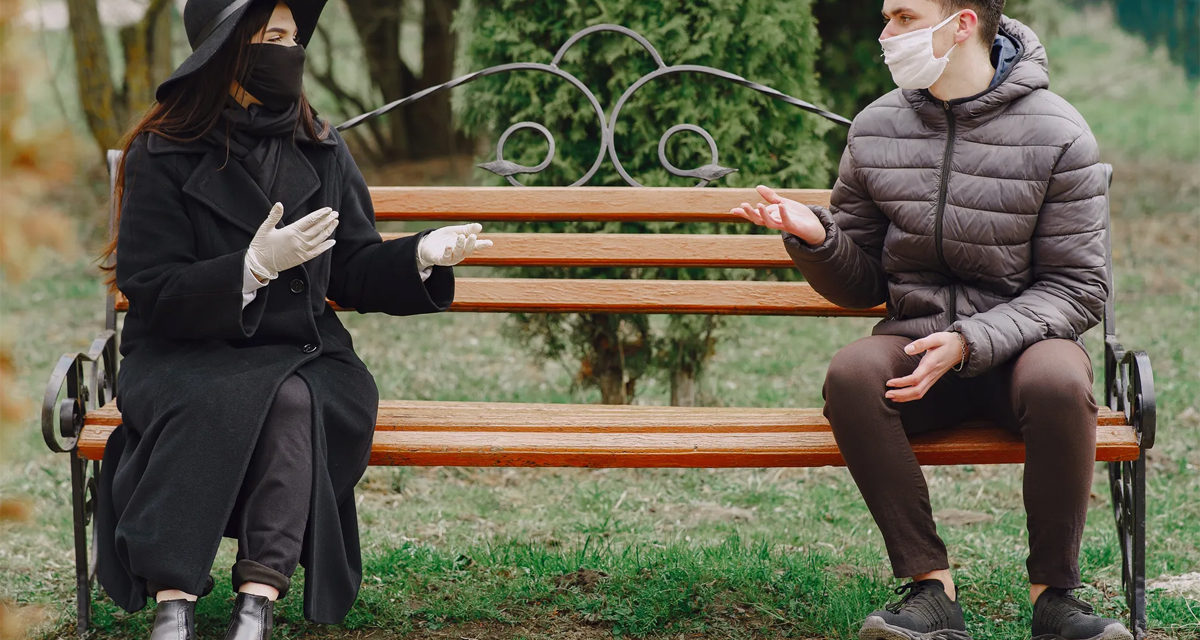
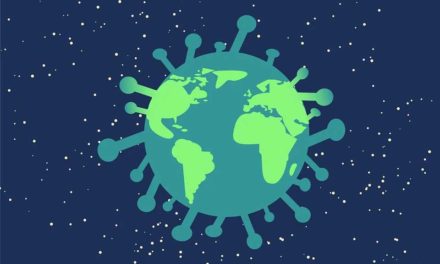
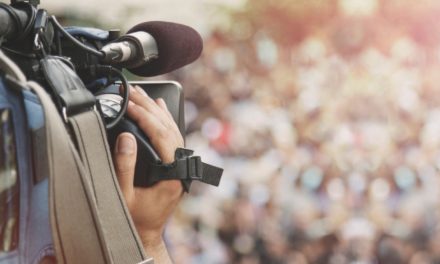
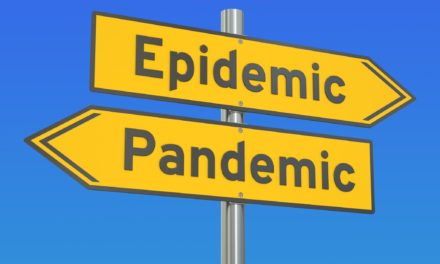

 I am an author and a part-time lawyer with a focus on ethics and professional discipline. I teach creative writing and ethics to law students at Arizona State University.
I am an author and a part-time lawyer with a focus on ethics and professional discipline. I teach creative writing and ethics to law students at Arizona State University. 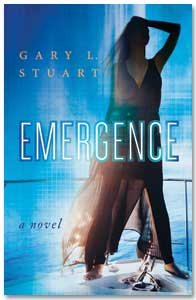 My latest novel is Emergence, the sequel to Let’s Disappear.
My latest novel is Emergence, the sequel to Let’s Disappear.  If you have an important story you want told, you can commission me to write it for you.
If you have an important story you want told, you can commission me to write it for you.